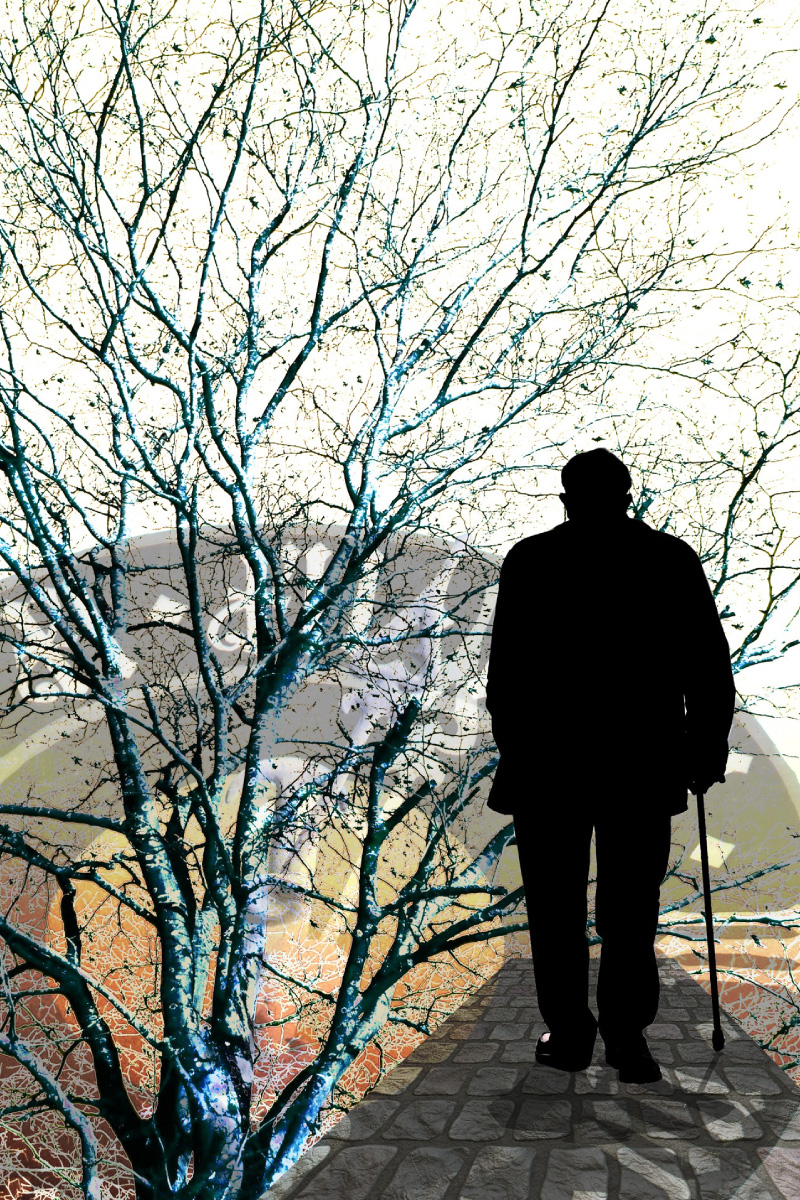A Good Death – What’s Your Game Plan?
Dr Noreen Chan,
Head & Senior Consultant, Division of Palliative Care,
National University Cancer Institute, Singapore (NCIS)
At the end of October, I attended an exhibition by Project Happy Apples, a medical student group which I mentor. The event, called END GAME: What’s Your Game Plan?” aimed to encourage people to think about what their wishes might be towards the end of their life, and to de-mystify palliative care.
In preparing for the exhibition, the students had surveyed 500 households around the venue in Punggol, and found that there was a low level of awareness about alliative care, and related concepts like Advance Care Planning
It is ironic that we put more effort into planning our holidays, than we do preparing for our old age, retirement or death. So it should not surprise anyone that few people have considered what a good death means to them. For example, many might impulsively reply that they would like to die suddenly, but we all know that those bereaved by a sudden unexpected death can be traumatised for years. Good for you, perhaps, but awful for those you leave behind.
A Google search using terms like “Good Death” and “Dying Well” will unearth rafts of websites, articles, blogs and talks, so there is plenty “out there”. I will however, mention an article written in 1998 by Drs Ezekiel “Zeke” and Linda Emanuel in the Lancet, called “The Promise of a Good Death“.
The authors suggested that a good dying experience could be conceptualised around six domains:
1) Physical symptoms
2) Psychological and cognitive symptoms
3) Economic and caregiving needs
4) Social relationships and support
5) Spiritual and existential beliefs
6) Hopes and expectations

They also had four pieces of advice for clinicians caring for dying patients, which I summarise as the need to:
• Perform a comprehensive needs assessment;
• Develop the requisite knowledge and skills in palliative care;
• Work with other disciplines;
• Attend to the family and other loved ones.
Twenty years later, the article is still as relevant, and while things have improved, we still have a long way to go.
The job of helping a person to die well is not something that should be left to healthcare staff or the healthcare system: we as a society need to proactive about it. A good death,
like a good birth, needs some planning and support, it is not something that can be handled by one individual. Dying is not a medical issue, it is a social, psychological, emotional and spiritual phenomenon. And since we only die once, there is only one chance to get it right.
So how can we “Live Well before Leaving Well”? From my years of walking this journey with hundreds of patients and families, my personal advice would be:
• Talk about it – what you want, what you don’t want;
• Get your affairs in order – your will, CPF nominations, LPA
(Lasting Power of Attorney) etc.;
• Make an Advance Care Plan and nominate your spokesperson;
• Attend to your emotional and spiritual needs – our heart and soul need as much nourishment as our mind and body;
• Attend to your relationships – with your family, friends, faith, yourself;
• Do not be afraid to get help and support if you need it.
Maybe you are very clear about what matters, like a patient who told me “it’s very simple doc – be happy, be comfortable, the rest is bulls*#t”. Or perhaps you have decided you will go out in a blaze of glory, “rage, rage against the dying of the light”. If you are not so sure, it’s best to start thinking about it, and discuss with your loved ones, so that when it’s time for the End Game, your Game Plan is truly your own.
LET ME DIE A YOUNGMAN’S DEATH
by Roger McGough
Let me die a youngman’s death
not a clean and inbetween
the sheets holywater death
not a famous-last-words
peaceful out of breath death
When I’m 73
and in constant good tumour
may I be mown down at dawn
by a bright red sports car
on my way home
from an allnight party
Or when I’m 91
with silver hair
and sitting in a barber’s chair
may rival gangsters
with hamfisted tommyguns burst in
and give me a short back and insides
Or when I’m 104
and banned from the Cavern
may my mistress
catching me in bed with her daughter
and fearing for her son
cut me up into little pieces
and throw away every piece but one
Let me die a youngman’s death
not a free from sin tiptoe in
candle wax and waning death
not a curtains drawn by angels borne
‘what a nice way to go’ death

